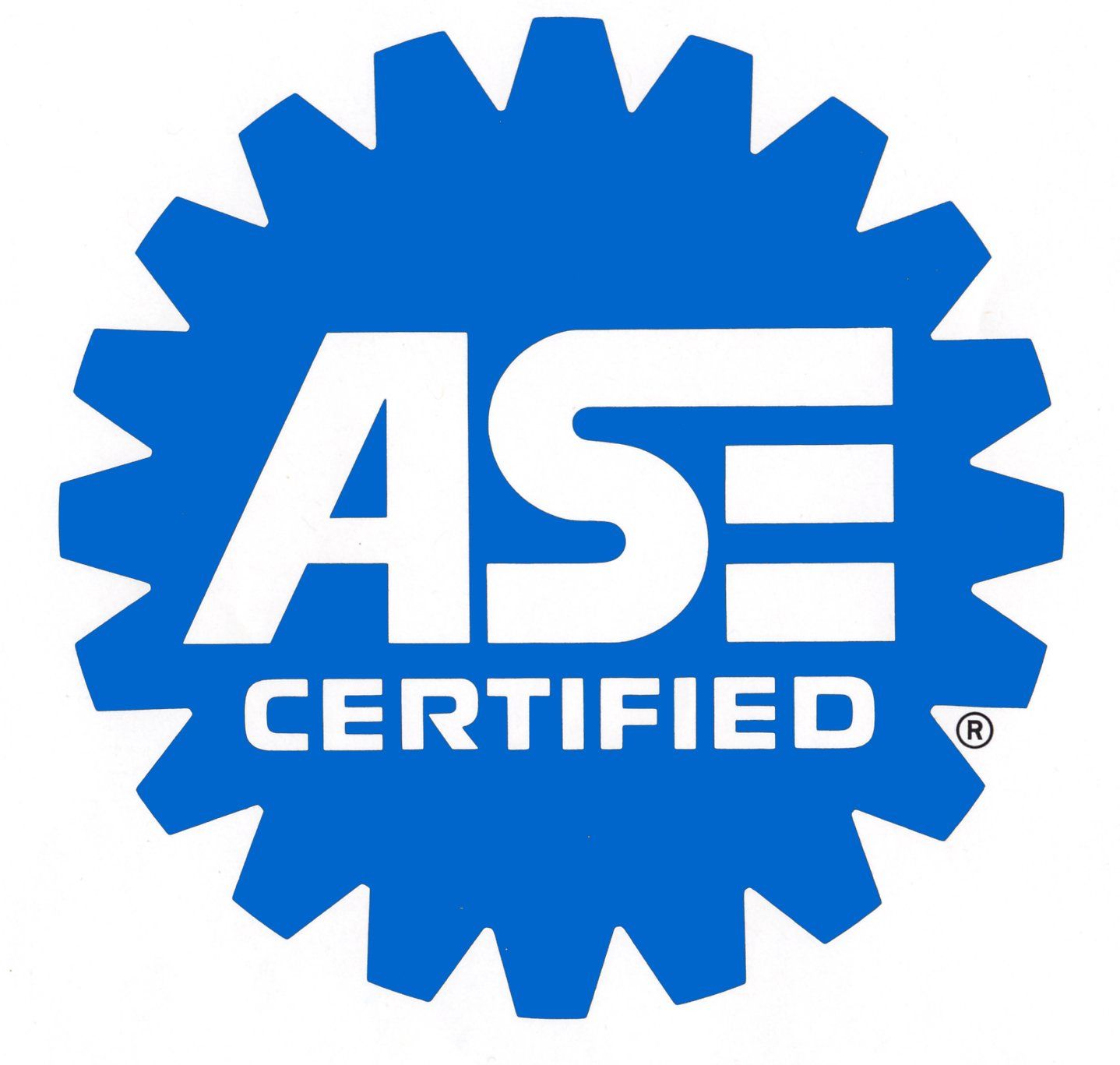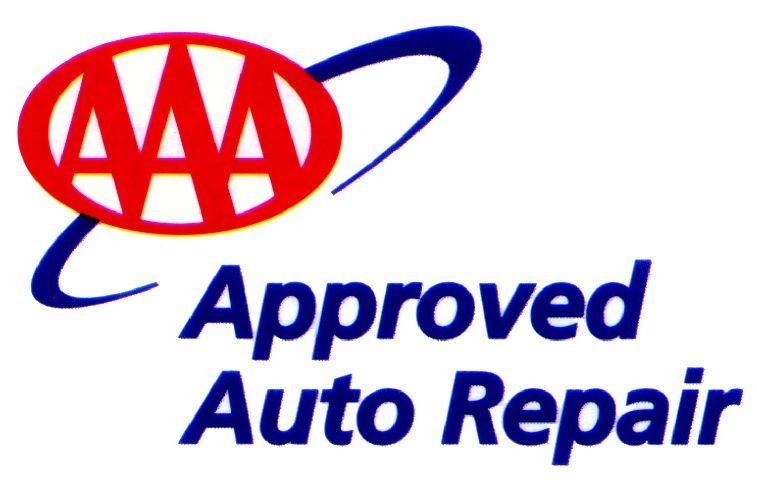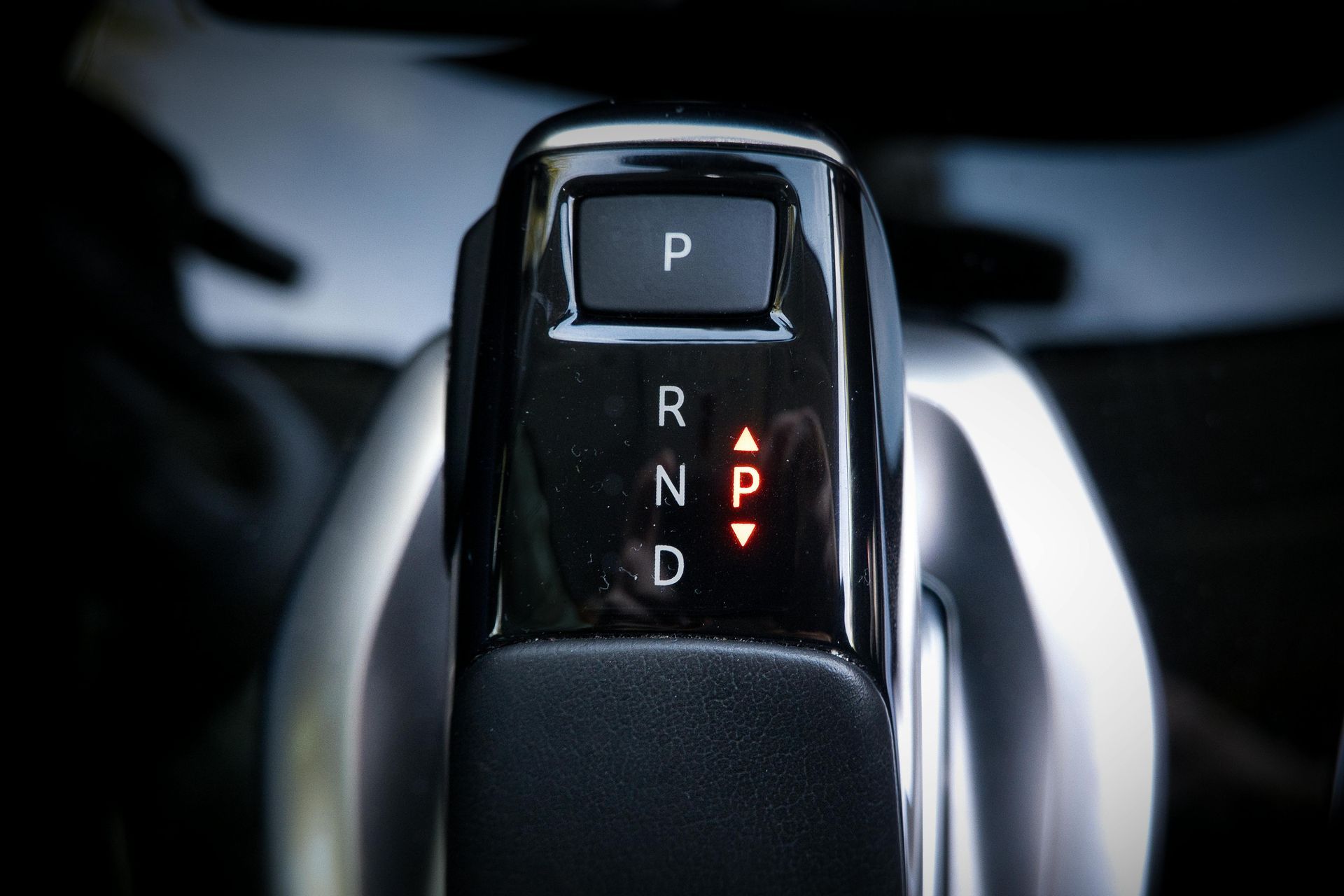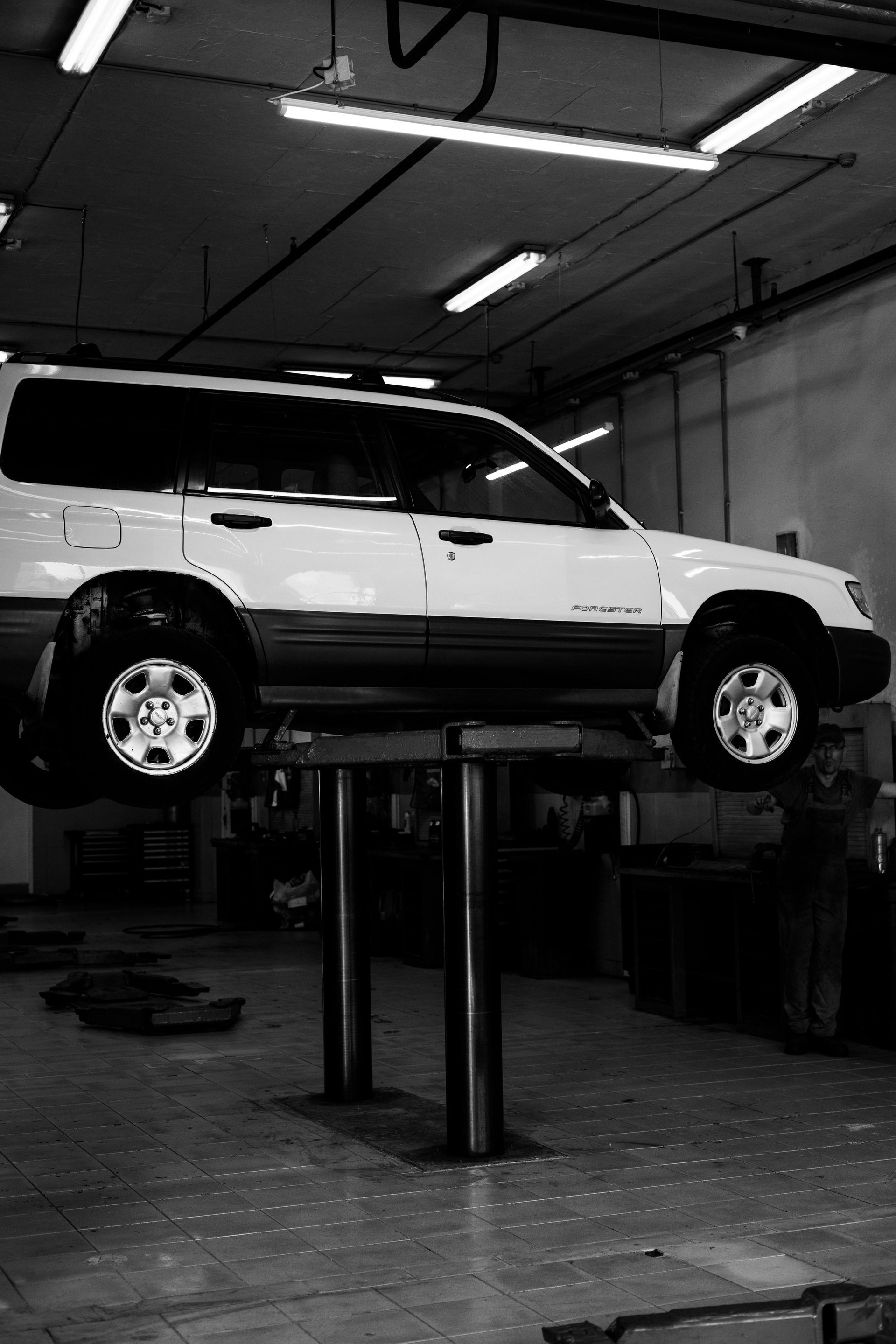By Lloyd's Automotive & Transmission Specialists
•
March 10, 2025
A properly functioning cooling system is essential for keeping your engine at a safe operating temperature. If the cooling system fails, your engine could overheat, leading to major damage and costly repairs. At Lloyd’s Automotive & Transmission Specialists, our local mechanics provide expert cooling system repair in the greater Olympia area. Here are four warning signs of a cooling system problem. Engine Overheating One of the most obvious signs of cooling system trouble is an overheating engine. If your temperature gauge rises into the red zone or you see steam coming from under the hood, your engine is running too hot. This could be caused by issues such as low coolant levels, a failing thermostat, a faulty radiator, or a malfunctioning water pump. Continuing to drive an overheating vehicle can lead to engine failure, so it’s crucial to pull over safely and alert the mechanic ASAP. Coolant Leaks If you notice bright green, orange, or pink fluid (your coolant might be a different color) pooling under your vehicle, you likely have a coolant leak. Coolant leaks can occur due to worn hoses, a cracked radiator, or a failing water pump. Even a small leak can lead to low coolant levels, reducing the system’s ability to regulate engine temperature. If you spot a leak, it’s important to have your cooling system inspected and repaired as soon as possible. Low Coolant Levels Regularly checking your coolant reservoir can help you detect potential cooling system issues early. If you find that your coolant level is consistently low, there could be a slow leak somewhere in the system. If your coolant levels are dropping without an obvious external leak, it’s best to have a mechanic diagnose the problem. And remember to only check/add coolant after your engine has cooled down. Unusual Engine Smells A strong, sweet smell coming from the engine bay is a common indicator of a coolant leak. This scent comes from ethylene glycol. If coolant is leaking onto hot engine components, you might also notice a burning odor. These smells should not be ignored, as they indicate that your cooling system isn’t functioning properly. Prompt repairs can help prevent further damage and keep your vehicle running smoothly. Cooling System Repair in Olympia, WA When you need auto repair in Olympia and the surrounding area, contact Lloyd’s Automotive & Transmission Specialists at (360) 357-7422. Feel free to give us a call to schedule an appointment for car care in Olympia!










